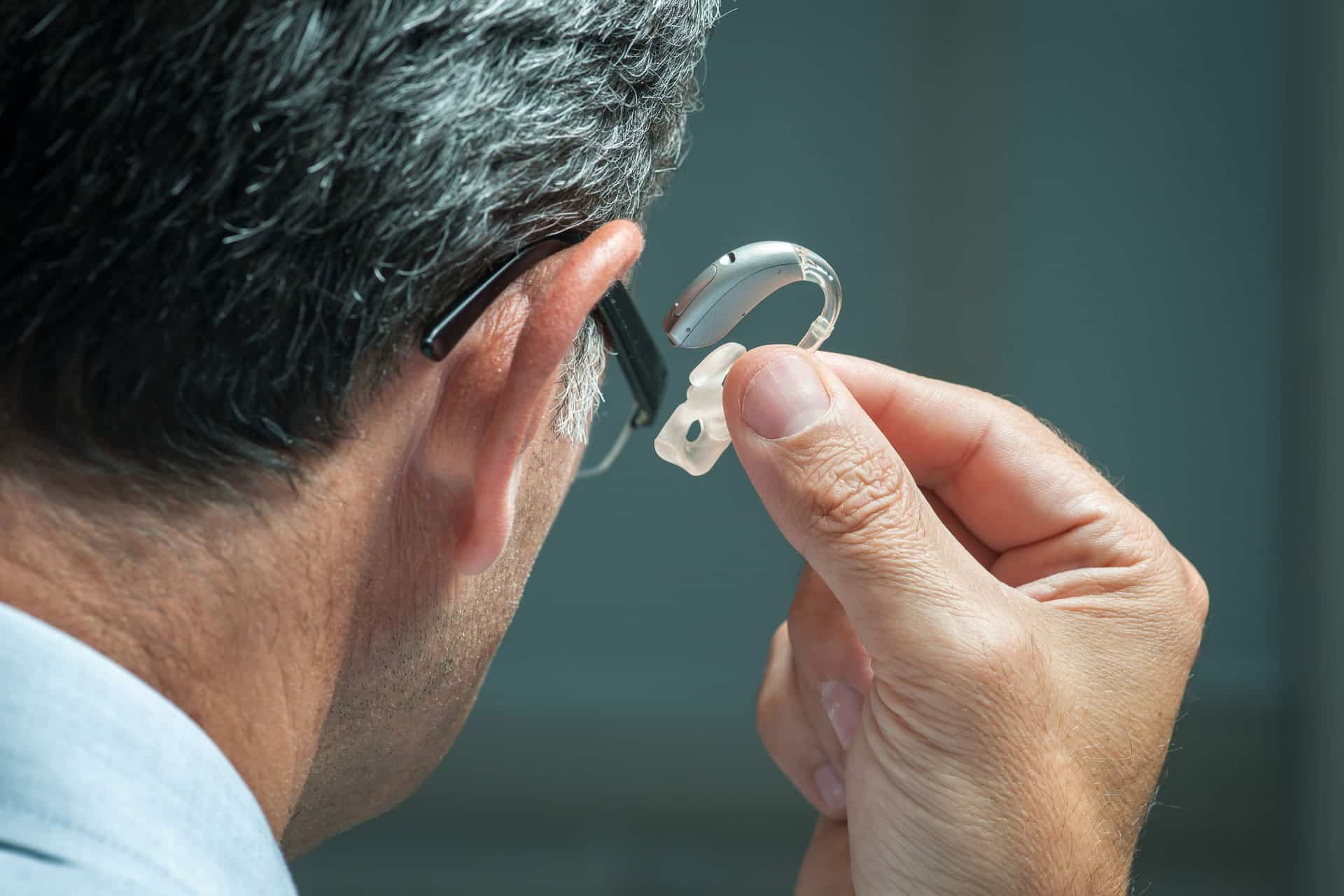Delivery in 2-3 working days
10 facts about hearing
10 things you probably didn't know about hearing
The world of hearing is complex and exciting, and our hearing is a sensitive and fascinating sensory organ. In this article, we want to give you a little insight and introduce you to 10 exciting and sometimes unbelievable facts about hearing, hearing and hearing loss that you probably didn't know.
1. women hear better than men
The question of which gender hears better has long occupied researchers. And I'm sure you are too. So here is the answer: it is actually women who hear better. Several scientific studies have shown that men are more frequently affected by hearing problems or hearing loss. And hearing ability also declines faster in men than in women between the ages of 30 and 50. Various factors are thought to be responsible for this. These include a healthy lifestyle, which is more common in women, noisy working environments, to which men are more frequently exposed, and female hormones, which are said to have a positive effect on hearing.
2. there are 1 billion people with hearing loss worldwide
In 2021, the World Health Organization (WHO) published the results of its "World report on hearing", the first global survey on hearing loss. It revealed that more than 1.5 billion people currently suffer from some degree of hearing loss. According to the WHO, this figure could rise to 2.5 billion by 2050. The organization also estimates that more than 400 million people, including 34 million children, live with a hearing impairment that affects their health and quality of life.
3. there is a "World Hearing Day"
Hearing loss can basically affect anyone. Unfortunately, most people still know very little about it.
To bring this important topic more into the focus of society, the WHO launched World Hearing Day at in 2007. Since then, the day of action has been held once a year, always on March 3, and offers all interested parties the opportunity to obtain comprehensive information on the topic and to seek help.
4. sign language has dialects
When a Bavarian and an East Frisian talk to each other, it can happen that one doesn't understand what the other is saying. The obvious reason for this is the different dialects or regional language habits in Germany. Incidentally, deaf people also have the same problem because, as with spoken language, there are also regional differences in German Sign Language (DGS). Certain signs can have different meanings or be performed differently depending on the region.
5 TinNitus is not a disease
Contrary to what many people think, tinnitus is not a disease, but a symptom in which those affected perceive noises, so-called phantom noises. The reasons for this can be very different, for example age, excessive noise exposure or illness.
And did you know that tinnitus sufferers don't always hear a "whistling" sound? The noises in the ears range from buzzing, hissing and ringing to clicking or the perception of music.
6. earwax is great
Many people find earwax disgusting. However, cerumen, as it is technically known, actually has many great properties. When we chew and speak, the earwax is removed from our ears, along with dirt and bacteria. In this way, our ears practically clean themselves. In addition, earwax keeps our ear canal supple and prevents the skin in the ear from drying out.
7. there is a link between hearing loss and dementia
Hearing loss can have various psychological and health consequences. Among other things, it is assumed that hearing loss also leads to changes in the brain. The reasons for this are thought to be the concentration and effort that those affected have to exert in order not to miss out on information. This constant strain is to the detriment of other brain functions. For example, the risk of developing dementia increases.
8. we all use the cocktail party effect
Anyone who has ever been to a party knows this: music, laughter and lots of conversations make for an enormous noise level. But we can still concentrate on what the person we are talking to is saying.
Our hearing and our brain are therefore able to concentrate on certain sounds while blocking out background noise. This ability is also known as the "cocktail party effect".
9. sign language as a mother tongue
More than 90 percent of children of deaf parents can hear themselves. But as we learn to speak primarily from our parents, these children often learn sign language as their mother tongue and spoken language later.
Conversely, hearing parents who have a deaf child need to learn sign language quickly in order to be able to communicate with and support their child.
10. tv hearing amplifiers with speech optimization help to understand television again
Technological progress has brought us many great achievements in recent years. Today, people who suffer from hearing problems also benefit from many technical aids such as hearing aids, special telephones for the hard of hearing and, last but not least, TV hearing amplifiers such as the OSKAR from faller audio. In contrast to normal TV loudspeakers, the OSKAR has a special speech optimization feature that amplifies speech on television and reduces background noise.
Did you like our little insight into the world of hearing? Then take a look at our guide. Many more exciting articles await you here!



